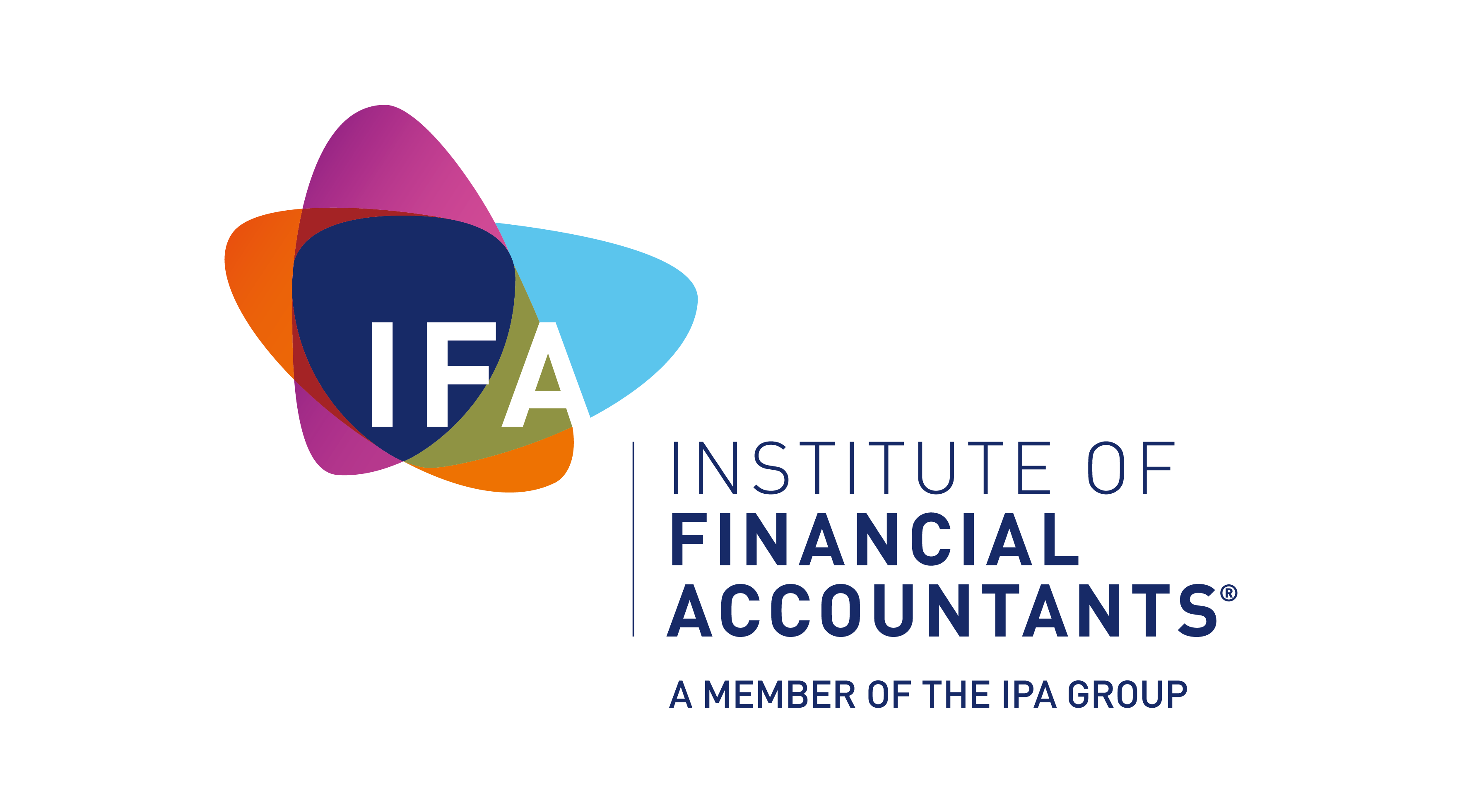Webinar Agendas
Webinar 1 - 14 September
Nudge letters and how to handle them | Paul Malin
Advisers may have experience of handling a tax investigation under s 9a TMA 1970 etc. and feel quite capable of answering them for or with their clients. But what is a nudge letter? Do we have to answer them? Are they a tax investigation under a different name? What if we don’t know what HMRC is after – is it just a fishing exercise? Maybe the information/documentation HMRC has is wrong or misleading – do we still have to answer the nudge letter? What is the worst thing that can happen?
Topics covered:
- What does a nudge letter look like?
- What is HMRC after?
- What information/documentation has HMRC received?
- When did HMRC receive the information/documentation?
- What are the risks that taxpayers face?
- How do you answer a nudge letter? 7. What can go wrong?
- Can they be “discussed” with HMRC?
VAT update | Kevin Hall
VAT is an awkward tax. The rules keep changing and are tricky to apply, with inaccuracies leading to large liabilities.
Kevin Hall has been helping businesses and practitioners navigate their way through these rules since 1998. He will explain recent developments, setting out what the rules mean in practice and the implications of any changes.
This will help businesses and their advisers to discuss their VAT risks and address them.
Topics covered:
- VAT update – recent developments
- Digital supplies via online platforms
- TOMS – HMRC’s flawed approach
- Reverse charges for exempt businesses – don’t get caught out!
Webinar 2 | 21 September
Tax Issues Relating to Residence and Domicile | Amie Manchester
It is imperative to ensure that your UK tax residence status is correctly reviewed. The tax treatment of income and gains is significantly different for a UK tax resident and non-resident, hence the importance to get this correct. HMRC’s statutory residence test considers the amount of days physically spent in the UK along with a number of other factors, including the number of ‘ties’ or connections you have to the UK. Whether or not you are UK domiciled is entirely separate from your UK tax residence status. For those that are non-UK domiciled, there are specific tax advantages. We will explore all of this in more detail during the webinar.
Topics covered:
- Statutory Residence Test (SRT)
- Split year treatment
- Domicile
- Remittance basis
- Double tax agreements
The risks of getting involved in Disguised Remuneration tax avoidance schemes | Jane Culshaw
Topics covered:
- a brief outline of how they operate
- what HMRC aredoing to challange these schemes and an ask from those attending to cascade the messaging.
Webinar 3 - 28 September
Effective use of pensions in tax planning | Katie Frost
Pensions are seen regularly in every day practice, for both individuals and corporate structures, and this seminar will give members the tools to ensure they are being utilised for maximum tax efficiency. This presentation will provide members with an overview of pension structures, the tax treatment of each of these structures (in life and on death) and discuss how small business owners can use these structures to their advantage. It will address recent legislation changes as well as points to note with regards to tax when reviewing the potential for an individual or corporate body to make contributions.
Topics covered:
- Different types of pension schemes and when they might appear in practice
- The tax treatment of pensions and pension contributions
- How trusts can be used by small business owners to save tax
- Recent changes to lifetime and annual allowances
- Tax treatment of pensions on death
Business and corporate taxes – recent changes and developments | Zeeshan Khilji
This webinar will cover recent changes to the business and corporate tax rules and is aimed to cover major developments in the area, which accountants should be aware of when advising their clients.
Topics covered:
- Changes to the corporation tax rates;
- Impact of the new rates in the context of associated companies;
- Marginal relief including practical examples;
- Research and development tax relief updates;
- Changes to the capital allowances regime;
- Expansion of the Seed Enterprise Investment Scheme.
